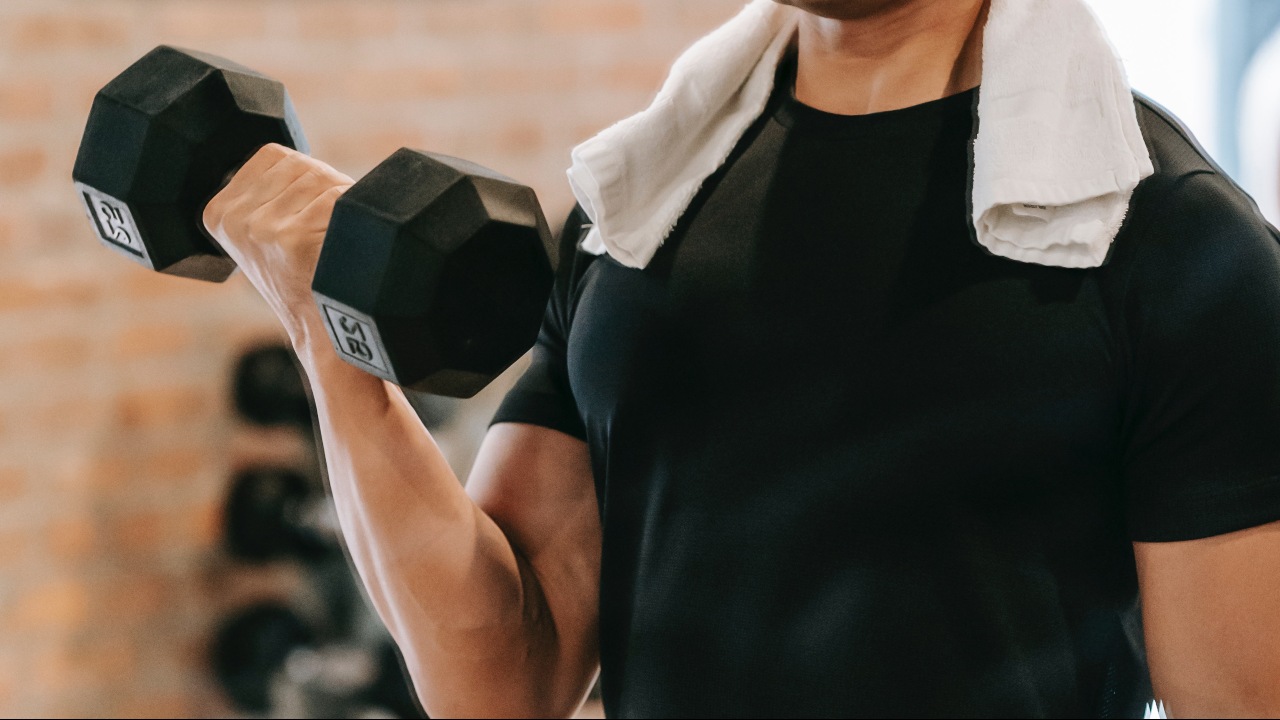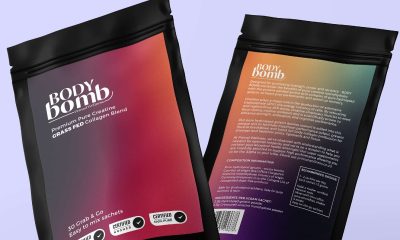Fitness
How to Get a Good Muscle Pump
Get the most out of your weights session with some pre-gym tips.

Many people go to the gym to make their bodies look better by building muscle and maximizing gains. Having said that, one of the ways that training boosts your confidence is with the help of something called a “muscle pump.” You’ve probably seen many memes of guys trying to get a good pump before a date or before hitting the club. So you may be wondering what the muscle pump is, how exactly one gets it, and whether it has any other benefits (besides improved physical appearance).
Thankfully, in this article, we’re going to cover all that and more, so buckle up and let’s get started.
What is the Muscle Pump?
The pump or a gym pump is a term used to refer to the temporary swelling that muscles get during a workout because of the increased blood flow. Typically, when you’re training, the blood circulation to the muscles improves as it aims to deliver more oxygen and nutrients that help your body move. Additionally, that same process is responsible for flushing out the metabolic waste product that builds up as the muscles contract.
Essentially, besides making you look better, the pump also helps your body feel and perform better as it makes sure your muscles are well-nourished during a workout.
How to Get the Pump
In theory, any kind of strength training should be able to provide some kind of muscle pump effect. However, there are some tips and tricks that can help you pump more blood and increase the aesthetic effect that you might be after. Let’s check out what they are.
Drink More Water
To put it simply, the more hydrated you are, the more you will be able to see a pump when you workout. That’s because the higher amount of liquids in your body leads to more blood plasma, which in turn leads to improved blood circulation and an increased volume of blood in the vessels, which means that you get more blood delivered to the muscles. You can think of it as a prune – when it’s dehydrated, it wrinkles up and shrinks in size, but when it’s fleshy and ripe, it’s typically filled with water – the same logic applies to the muscles.
Consume Enough Carbs
If you’re trying to lose weight, you may be testing out a low-carb diet – something that’s pretty common in the fitness industry. With that said, such diets typically lead to lower glycogen levels in the body since that’s where carbohydrates are typically stored. For every gram of glycogen present in the body, it stores up to 3 to 4 grams of water, which in turn leads to a more visible pump effect when training. To summarize, when you consume fewer carbohydrates, you lower the level of water stored in your cells so that you might see the appearance of muscle cuts and veins, but it’s less likely to experience a truly visible muscle pump. And so if your goal is the latter, then the solution is to bump up the carbohydrate intake.
Try Supplements
Not all of the typical athletic supplements will help you get a better pump. For that to happen, you need ones that contain nitric oxide, which is usually found in beets and beetroot supplements. Its function is to dilate the blood vessels, which in turn helps you see a better muscle pump. However, those are not the only products that can help you get a pump. As companies have learned that the pump is something people aim to get, they’ve started to make some of their most popular products, such as pre-workout powders, BCAAs, and so on, with pump-inducing ingredients. By purchasing one of those, you will not only save money from not having to buy an extra product, but you will also likely increase your water intake, which, as you know, is another vital part of getting a better pump.
Increase Your Training Volume
Another way to increase the pump is by doing high-volume training. The more sets, reps, and number of exercises you do, the more you engage the muscles and the longer they will be perfused with blood. One way to do that is by performing supersets of exercises, which force you to train the muscles back-to-back with minimum rest, thus increasing blood flow. Drop-set training is yet another way to get a similar effect, and which one of the two you choose ultimately depends on your training goals – are you working out to become stronger or to build more muscle? If your goal is the first one, then you might prefer the drop-set route, and if it’s the second, then supersets are the better choice.
In Conclusion
Hopefully, this article helped you learn more about what the pump is and how you can get it. And if anyone reading this article has other tips and tricks for improving the pump or getting it quicker, then please share them in the comment section. We can’t wait to read them.
References
- Torokhtiy Weightlifting. (2023b, September 1). 9 best pump pre-workouts in 2023. https://torokhtiy.com/blogs/reviews/best-pump-pre-workout
- Joyner, M. J., & Casey, D. P. (2015, April). Regulation of increased blood flow (hyperemia) to muscles during exercise: A hierarchy of competing physiological needs. Physiological reviews. https://www.ncbi.nlm.nih.gov/pmc/articles/PMC4551211/
- TC;, B. S. (n.d.). Low-carbohydrate diets: What are the potential short- and long-term health implications?. Asia Pacific journal of clinical nutrition. https://pubmed.ncbi.nlm.nih.gov/14672862/












